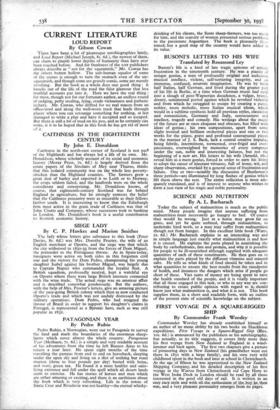Busoni's life is a kind of late tragic epitome of
artistic
frustration in the -nineteenth century: :was a pianist of unique genius, a man of profoundly original and audacious musical intellect, violent, self-torturing integrity, and an immense, confused, neurotic imagination. He was by birth half Italian, half German, and lived during the greater part of his life in Berlin, at a time when German music had sunk into a slough of post-Wagnerian decadence, a vulgar, brutal, dreary, sentimental period against which he revolted violently and from which he struggled to escape by creating a purer, nobler, more melodic, more Italian musical idiom, which would in a sublime synthesis hold all previous styles, classicism and romanticism, Germany and Italy, sensuousness and intellect, tragedy and comedy. His writings about the music of the future are at once eloquent and obscure, but filled with ideas of genius.; his own compositions, apart from some slight ironical and brilliant orchestral pieces and one or two works for the piano; grave and profound contrapuntal pieces in the manner of J.. S. Bach, lack a central creative impulse, being febrile, intermittent, tormented, over-frigid and over- passionate, overweighted by memories of, every composer under 'the sun, noble and interesting failures, but not the beginning of a new art. His letters to his wife (Arnold, 16s.) reveal him as a mere genius, forced in order to earn his living to adopt the career of itinerant virtuoso, full of irony, wit, and sharp observation, overlaid by a general sense of frustration and failure. One or two—notably the discussion of Beethoven's three periods—are illuminated by long flashes of genius which lift them above the rest. The entire collection is most ade- quately translated, and is of interest to anyone who wishes to form a just view of his tragic and noble personality.














































 Previous page
Previous page